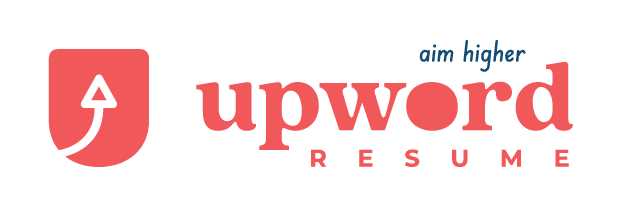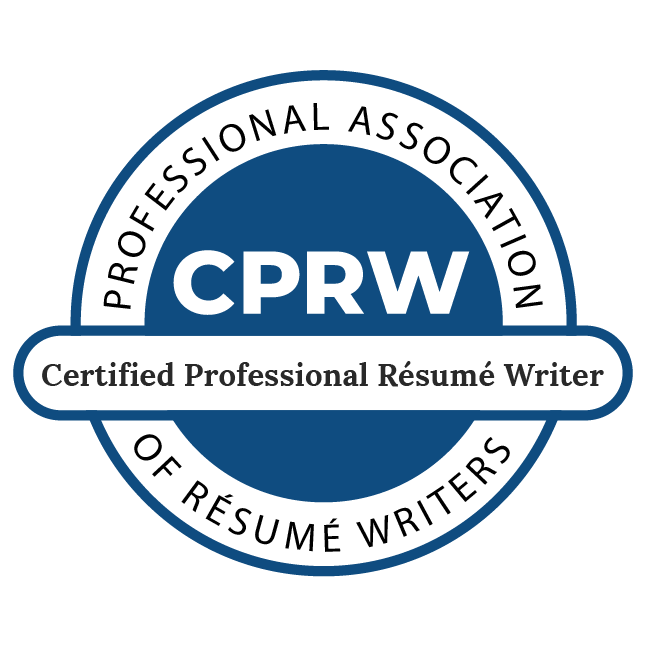One of the challenges for many people in preparing a great resume is…knowing what exactly makes up a great resume. Here’s a handy checklist of the major components of a strong resume. How does your resume measure up?
Does it look sharp?
Good looks aren’t everything, but they certainly help. Make sure your resume is easy to read—clean, not cluttered; sharp, not confusing.
- Does it have a well-designed letterhead with your name larger than surrounding text?
- Does it include your contact information (name, address, phone number, email)?
- Do you use lines or some other visual cue to separate different sections of the resume?
- Does it use bullets?
- But not too many bullets? (Bullets are meant to increase readability and help key items stand out, but if everything is bulleted, everything blends together.)
- Is it in a clear, readable, commonly used font? Arial and Times New Roman are classic stand-bys. Calibri is one of my new faves.
- Does it have ample white space in the margins? (Keep one-inch margins on the sides and at least a half inch on top and bottom.)
- Is it limited to two pages?
- Is it free from typos and errors?
Does it have all the right pieces?
Resumes are generally organized into a handful of major sections. This shorthand helps hiring managers quickly find the info they need.
- Does it start with a Qualifications section?
- Is work history listed in reverse chronological (newest to oldest) order?
- For each job, do you provide company name, location, job title, and years of employment?
- For each job, do you provide a brief description of your duties and scope?
- Do you provide quantified accomplishments?
- Does it provide the most detail for your latest jobs, with less detail on older/less relevant jobs?
- Does it omit information that is personal, outdated, or off-target?
Big Picture
A great resume is clearly focused on a specific target. A resume that knows what you want helps you get what you want.
- Does it convey a clear, unified message about who you are and what you do (aka your personal brand)?
- Is it focused on accomplishments and benefits more than responsibilities and duties?
- Does it speak to the desired qualifications for the type of job you’re seeking?
- Does it replace niche industry jargon or company-specific phrases with better-understood translations? (Imagine a recruiter or HR person who isn’t necessarily familiar with the technical details of your target job.)
- Is it consistent in terms of formatting, verb tense, organization?
- Does it aim toward your next job (not your current job)?
Ready to call in a pro who checks all the boxes? At Upword Resume, we’ve built our best practices based on feedback from recruiters and career coaches with real-world insights on what makes a successful resume. Invest in your career with a sharp new resume.

